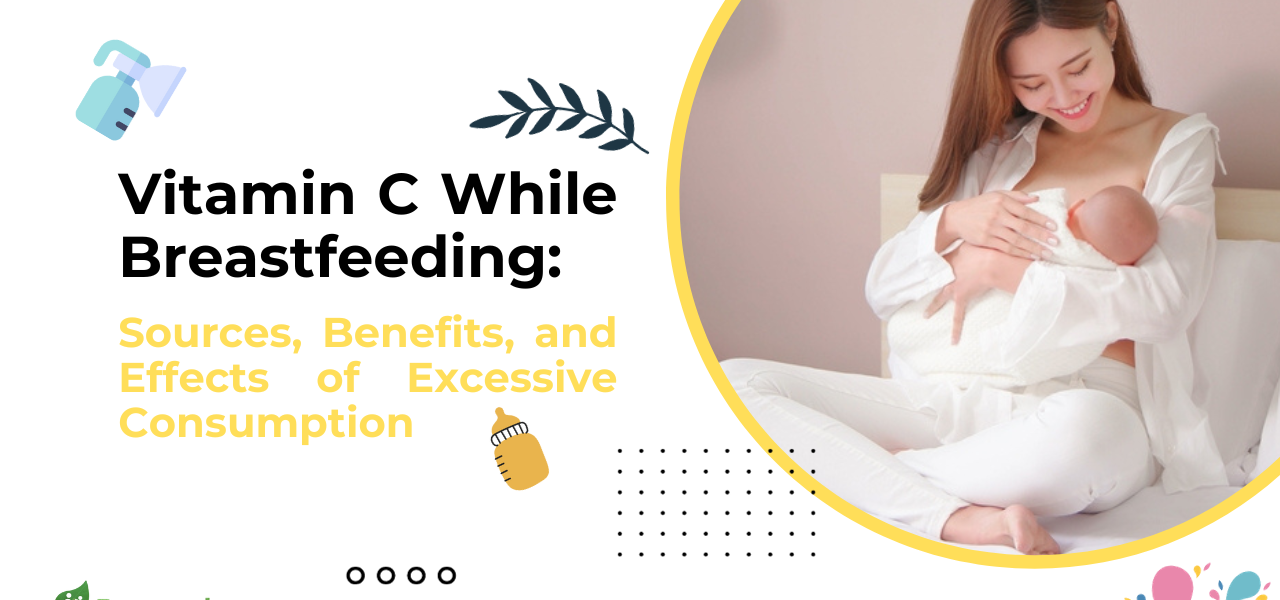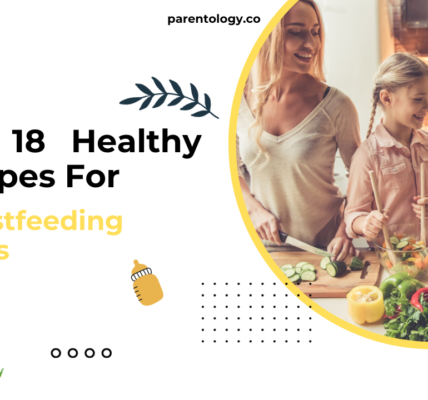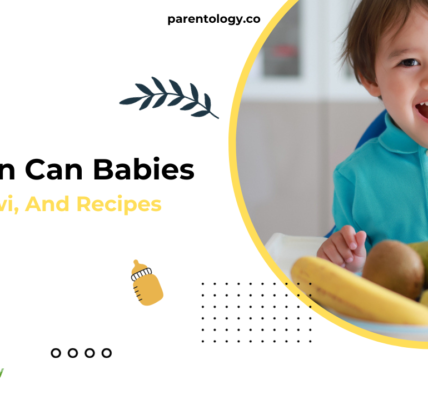Vitamin C While Breastfeeding: Sources, Benefits, and Effects of Excessive Consumption
Are you a breastfeeding mother looking to maintain a healthy diet? Vitamin C, also known as ascorbic acid, is a crucial nutrient that plays a vital role in the overall health of both you and your baby during this important phase. In this comprehensive guide, we’ll explore the significance of vitamin C while breastfeeding, its sources, benefits, and the potential effects of excessive consumption.
Understanding the Importance of Vitamin C
Vitamin C is a water-soluble vitamin that is essential for various bodily functions. As a breastfeeding mother, your body’s need for this vitamin is increased. It plays a significant role in:
- Boosting Your Immune System: Vitamin C is well-known for its immune-boosting properties, helping you stay healthy during this crucial phase.
- Wound Healing: It aids in the repair and maintenance of tissues, which is particularly important if you had a cesarean section or experienced any tearing during childbirth.
- Absorption of Iron: Vitamin C enhances the absorption of non-heme iron from plant-based foods, ensuring that you get enough iron from your diet.
- Antioxidant Protection: It acts as an antioxidant, protecting your cells from damage caused by free radicals.
Sources of Vitamin C
Ensuring you get an adequate amount of vitamin C is crucial. Here are some excellent sources:
Foods High in Vitamin C
- Citrus fruits (oranges, lemons, grapefruits)
- Strawberries
- Kiwi
- Guava
- Papaya
- Red and green bell peppers
- Broccoli
- Brussels sprouts
Supplements
In some cases, doctors may recommend vitamin C supplements, but always consult your healthcare provider before taking any supplements during breastfeeding.
Benefits of Vitamin C While Breastfeeding
Consuming vitamin C-rich foods provides several benefits for both you and your baby:
- Improved Immunity: A strong immune system helps protect both you and your baby from infections.
- Enhanced Milk Quality: Adequate vitamin C intake contributes to the quality of your breast milk.
- Tissue Repair: It aids in postpartum tissue repair and recovery.
- Iron Absorption: Facilitates the absorption of iron, vital for preventing anemia.
- Brain Development: Supports your baby’s brain development.
Risks and Effects of Excessive Vitamin C Intake
While vitamin C is essential, excessive consumption can lead to adverse effects. It’s essential to maintain a balanced intake, as excessive vitamin C can lead to:
- Gastrointestinal Issues: High doses may cause digestive problems like diarrhea and stomach cramps.
- Kidney Stones: Some individuals may be at risk for developing kidney stones with excessive vitamin C intake.
- Interference with Medications: Vitamin C supplements can interfere with certain medications or treatments.
FAQs about Vitamin C and Breastfeeding
Let’s address some common questions related to vitamin C during breastfeeding.
Q1: Can I take vitamin C supplements while breastfeeding?
A1: It’s best to get your vitamin C from natural sources like fruits and vegetables. However, if your healthcare provider recommends a supplement, follow their guidance.
Q2: How much vitamin C should I consume daily while breastfeeding?
A2: The recommended daily intake for breastfeeding mothers is about 120 milligrams. However, it’s always best to discuss your specific needs with a healthcare provider.
Q3: Can vitamin C-rich foods affect my baby’s digestion?
A3: While vitamin C is beneficial, consuming large quantities can sometimes lead to gas or stomach discomfort in breastfed babies. Moderation is key.
Q4: Are there any specific foods to avoid while breastfeeding?
A4: There are no specific foods to avoid regarding vitamin C, but remember to maintain a balanced diet to provide a variety of nutrients for you and your baby.
Q5: How does vitamin C affect milk production?
A5: Vitamin C is essential for maintaining the quality of breast milk. Adequate intake helps in ensuring your baby receives nutritious milk.
Q6: What are the signs of excessive vitamin C intake?
A6: Signs of excessive vitamin C intake can include gastrointestinal issues like diarrhea, stomach cramps, or kidney stones. Always consult a healthcare provider if you suspect any issues.
Q7: Can vitamin C supplements help boost my energy while breastfeeding?
A7: While vitamin C is vital for overall health, it’s not a direct source of energy. A well-balanced diet is the best way to maintain your energy levels during breastfeeding.
Conclusion
Vitamin C is a vital component of your diet while breastfeeding, offering numerous benefits for both you and your baby. By including a variety of vitamin C-rich foods in your diet and maintaining a balanced intake, you can enjoy the advantages without risking excessive consumption. As always, consult your healthcare provider for personalized recommendations to ensure you and your baby’s health and well-being.
Remember that maintaining a balanced and healthy diet is key to successful breastfeeding. Vitamin C is just one piece of the puzzle, and a holistic approach is the best way to ensure you and your baby thrive during this special time.
For more informative content about parenting and breastfeeding, visit Parentology.co – your trusted source for parenting advice and guidance.
Disclaimer: This article is for informational purposes only and should not be considered as medical advice. Always consult your healthcare provider for guidance related to your specific circumstances.





